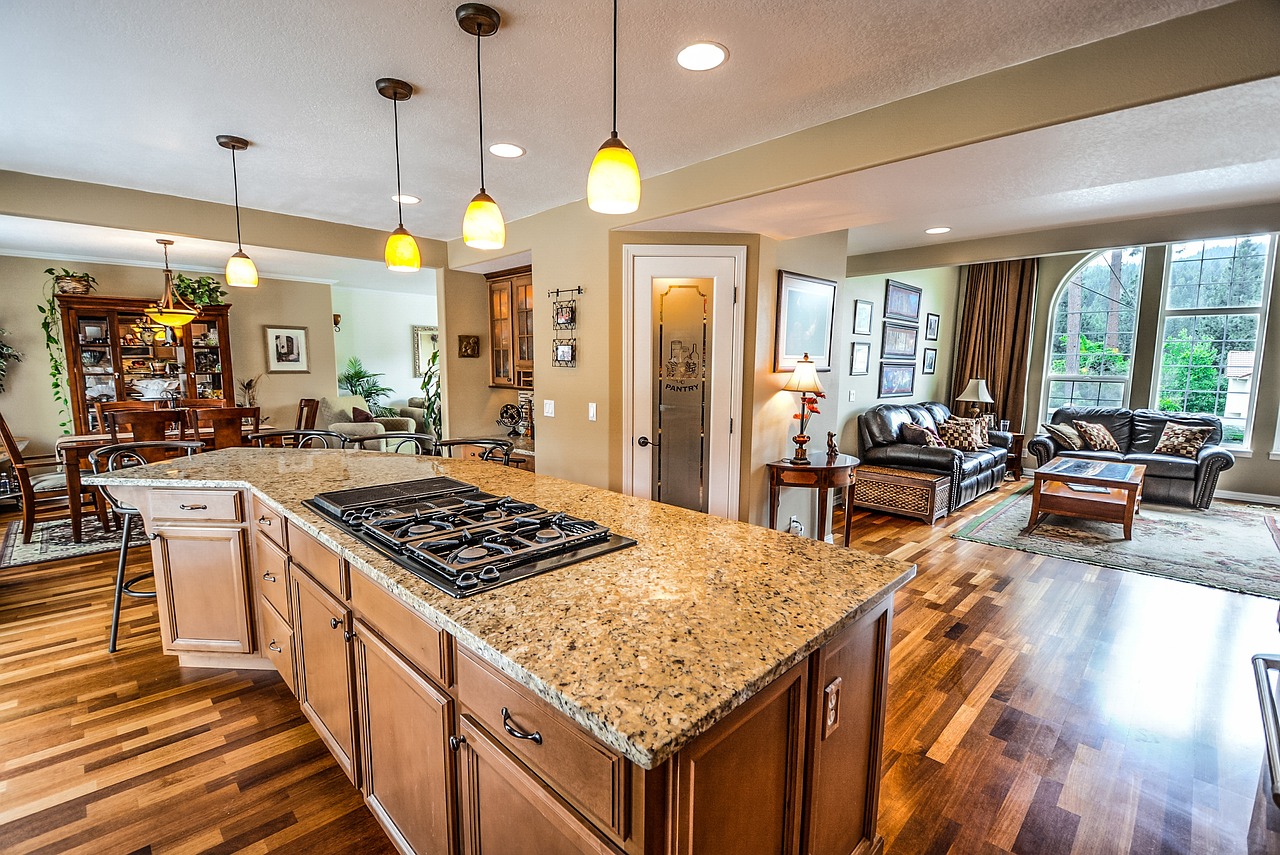Small Fixes That Make a Big Difference in Home Comfort

A comfortable home does not always require expensive upgrades or major renovations. Minor changes can lead to noticeable improvements in how the space feels and functions, whether it is a matter of temperature control, lighting, or noise reduction. This article discusses practical updates that offer a simple yet effective way to improve comfort.
Practical Fixes That Instantly Improve Home Comfort
Creating a more comfortable home environment often requires intentional yet simple changes like the following:
Replace or Clean HVAC Filters Regularly
Blocked or dirty filters restrict airflow and force your HVAC system to work harder. When airflow suffers, some rooms may become warmer or colder than others, and the system becomes less efficient overall. Clean filters allow air to circulate freely, improving both temperature balance and indoor air quality.
Regular replacement also reduces dust and allergens, which increases comfort, particularly for sensitive occupants. You can find replacement furnace filters in various sizes and ratings. Felix from Dan the Filter Man says, "Setting a reminder to check or change filters every one to three months helps keep the system running smoothly."
Improve Insulation Around Windows and Doors
Small air leaks around windows and doors can let in unwanted drafts and disrupt the indoor temperature. Over time, this leads to energy waste as heating or cooling systems work harder to maintain comfort. Applying weatherstripping or sealing gaps with caulk creates a tighter barrier against outdoor air. As a result, indoor temperatures remain more stable throughout the day. This simple fix also helps reduce energy bills and eliminates the discomfort of cold spots and sudden draughts.
Install Smart Thermostats for Better Climate Control
Traditional thermostats often lack the precision to keep room temperatures consistent throughout the day. They may overheat some spaces while leaving others too cold, creating uneven comfort. Hence, smart thermostats adjust automatically based on daily routines or remote input, fine-tuning the indoor climate with minimal effort. This adaptive control ensures that rooms remain comfortable when occupied and conserve energy when empty.
Upgrade Lighting for Better Ambiance and Function
Lighting affects more than just visibility because it also influences mood. As such, bright, cold lighting can feel harsh, while overly dim areas may strain the eyes or create a gloomy atmosphere.
Swapping outdated bulbs for warm-toned or dimmable LEDs allows for greater control over the atmosphere in each room. Under-cabinet lighting or dedicated task lamps can enhance functionality for task areas like kitchens or workspaces. These changes improve daily routines and make spaces more inviting.
Reduce Noise with Simple Soundproofing Tactics
Noise from appliances, outside traffic, or echoing hard surfaces can disrupt rest and concentration. It can be especially noticeable in open-plan areas or rooms with minimal soft furnishings. Therefore, introducing sound-absorbing materials such as thick rugs, upholstered furniture, or heavy curtains helps dull unwanted noise. Door sweeps and foam strips can also block sound from entering through gaps. These small changes create a quieter, more restful environment.
Control Humidity for Year-round Comfort
High humidity makes rooms feel warmer than they are, while low humidity can cause dryness and irritation. Further, kitchens, bathrooms, and basements often trap moisture, so using extractor fans or dehumidifiers helps balance the indoor environment. Maintaining optimal humidity also prevents condensation, mold, and damage to surfaces.
Optimize Furniture Layout and Minimize Clutter
Furniture that blocks walkways or crowds a room disrupts movement and reduces visual calm. Hence, rearranging pieces for better flow can make a space feel larger and more functional. On top of that, clearing unnecessary items from surfaces and corners reduces distractions and helps create a more relaxing atmosphere.
Maximize Natural Light
Natural light boosts mood and helps spaces feel open and inviting. Hence, keeping windows clean and unobstructed allows daylight to enter more freely. Layered curtains or blinds offer flexibility for light control, helping maintain comfort by filtering glare or insulating against heat and cold.
Conclusion
Small changes can lead to meaningful improvements. For instance, addressing overlooked details like airflow, lighting, and unwanted noise creates a space that supports comfort and well-being throughout the day. The overall impact becomes noticeable when you combine these small fixes, making your home feel more inviting, efficient, and enjoyable.
Published 5/12/25